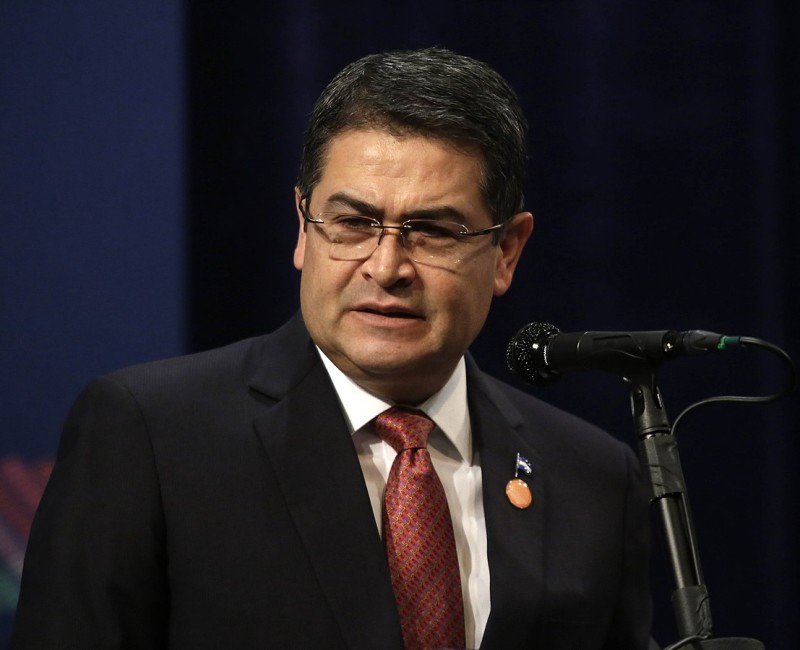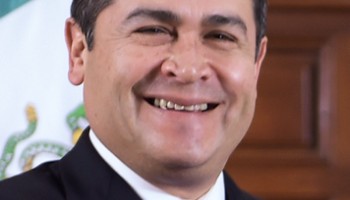Despite nationwide restrictions on movement introduced in order to curb the spread of the novel coronavirus, the Secretariat of National Defence said last week that authorities had incinerated more than 2,628 kilograms of coke, mostly in the northern region of La Mosquitia.
The figures, which represent the eight months since January, already reflect an increase of almost 400 kg on last year.
On Sunday, President Juan Orlando Hernandéz took to Twitter to promise further action against the organised criminal groups responsible for trafficking the drug through the Central American country.
“It doesn’t matter the time or the place, our defence and security forces are always there to protect the Honduran people,” he said.
Hernandéz has himself been described as a co-conspirator in legal proceedings against his brother in the US on charges of drug trafficking.
While Hernandéz has consistently denied the allegations, his brother was convicted and sentenced last year, as reported by The New York Times.
A jungle region on Honduras’ east coast, La Mosquitia represents a crucial hub for criminal syndicates smuggling cocaine into the United States from the south, but has in recent years also seen an increase in local production of the drug, according to InSight Crime.
Government statistics show that the rate of seizures is growing with the number of operations being conducted in the area. Still, there is evidence to suggest that this may come against the backdrop of an overall increase in trafficking of the drug.
In 2015, Honduras’ government claimed to have reduced the level of organised crime in the country by as much as 72%, as the result of military campaigns that targeted established routes for drug trafficking, according to national press outlet El Heraldo.
But a surge in production of cocaine in Venezuela and Colombia has seen the country resume its former mantle as a key transit destination for the drug, with an official report from the US Department of State back in March speculating that as much as 4% of cocaine trafficked into the US may now come through Honduras.
Meanwhile, serious international concerns have been raised about the sincerity of the regime’s commitment to combat the culture of graft among public officials that allows organised criminals to act with impunity, after Hernandéz killed corruption charges against his allies within the government earlier in August, as reported by Vice News.






